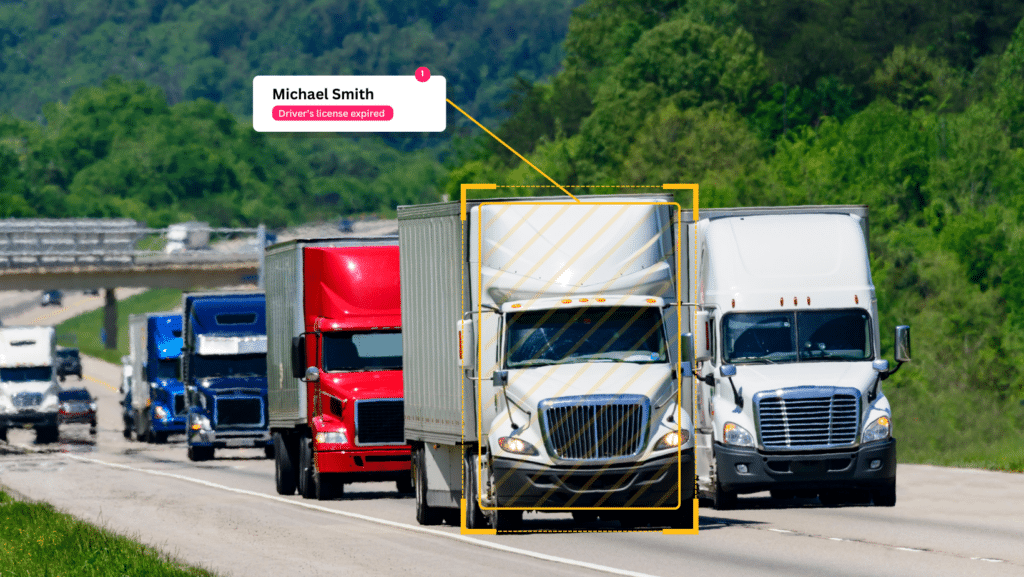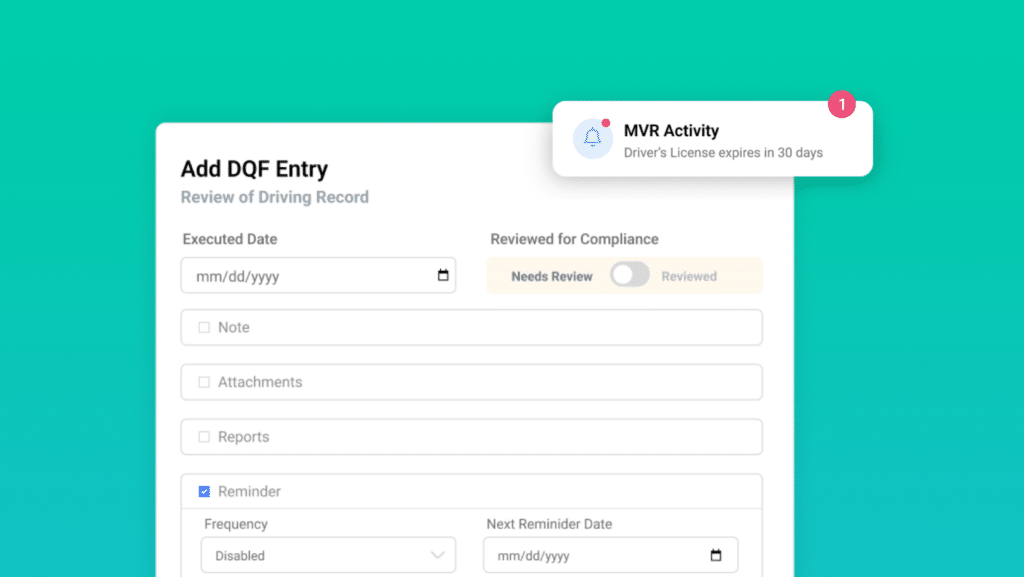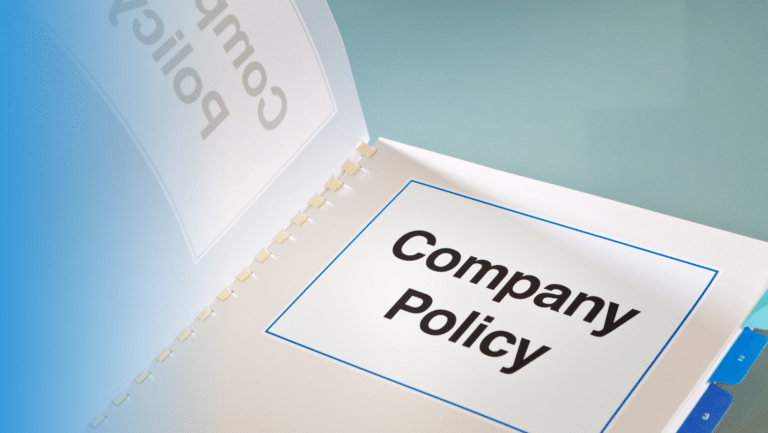Managing CDL expirations with MVR Monitoring

Having drivers with valid Commercial Drivers Licenses (CDL) is crucial for your fleet’s efficiency and operations. Learn best practices for managing CDL expirations and discover how MVR Monitoring can streamline driving records and license status checks.
What is a commercial driver’s license (CDL)?
A CDL is a specialized license required to operate large or heavy vehicles, such as trucks and buses, for commercial purposes. Unlike a regular driver’s license, a CDL ensures the driver has the skills and knowledge to operate these more complex vehicles safely.
What are some types of CDL licenses?
CDLs are categorized into three classes: A, B, and C. Each class corresponds to different types and sizes of vehicles.
CDL Class A
A Class A CDL allows the holder to operate any combination of vehicles with a gross combination weight rating (GCWR) of 26,001 pounds or more, provided the towed vehicle is heavier than 10,000 pounds. Vehicles include:
- Tractor-trailers
- Tanker vehicles
- Livestock carriers
- Flatbeds
CDL Class B
A Class B CDL permits the holder to operate a single vehicle with a GVWR (Gross Vehicle Weight Rating) of 26,001 pounds or more, or a vehicle towing another vehicle that is not heavier than 10,000 pounds. Vehicles include:
- Straight trucks
- Large buses (city buses, school buses)
- Box trucks (delivery trucks)
- Dump trucks with small trailers
CDL Class C
A Class C CDL is required to operate vehicles designed to transport 16 or more passengers (including the driver) or carry hazardous materials in quantities that require placarding under Department of Transportation (DOT) regulations. Vehicles include:
- Small HAZMAT vehicles
- Passenger vans
- Combination vehicles not covered by Class A or B
Additionally, CDL licenses can include endorsements. The most common endorsement types are Hazardous Materials (M), Passenger (P), Tanker (T), and Double/Triple Trailers (T). Understanding the types of CDLs and who needs them is crucial for ensuring compliance with regulations and maintaining road safety.
Managing CDL expirations
Typically, a CDL is valid for 4 to 8 years, depending on the state’s specific regulations. To prevent a CDL from being downgraded, drivers must also maintain a valid Medical Certificate. This certificate, which confirms a driver’s physical qualification to operate a commercial vehicle, generally needs to be renewed every 1 to 2 years. The renewal frequency depends on the driver’s health and the medical examiner’s recommendations.
Operating with an expired or suspended CDL can result in significant fines, with penalties reaching up to $6,974. For a complete list of FMCSA fines, refer to the official FMCSA guidelines. Additionally, CDL violations can easily add points to your CSA score, affecting your safety profile.
Effective management of CDL expirations and medical certifications is crucial for maintaining compliance and avoiding costly fines.
How can MVR Monitoring help better manage CDLs?

MVR Monitoring platform sends alerts on new negative driver record changes, license, and medical card status, incomplete or missing driver files and more.
Maintaining up-to-date records for CDL and driver’s licenses is crucial for compliance with federal and state regulations. MVR Monitoring ensures that companies are always in compliance by automatically updating and tracking the status of CDL licenses.
This is how Motor Vehicle Record (MVR) Monitoring technology can further simplify the CDL expiration and management process:
Automated Tracking: MVR monitoring systems automatically track the expiration dates of all CDLs within your fleet. This eliminates the need for manual tracking and reduces the risk of human error.
Timely Alerts: MVR Monitoring sends alerts and notifications well in advance of a CDL’s expiration date. That ensures drivers and managers have enough time to renew their licenses.
Comprehensive Reporting: MVR Monitoring provides detailed reports on the status of all driver’s licenses, including expired CDLs and suspended and revoked licenses.
Enhanced Compliance: Regular monitoring ensures that your fleet always complies with federal and state regulations, reducing the risk of legal issues and fines.
Moreover, MVR Monitoring reports new violations, DUIs, and accidents associated with your CDL and non-CDL employees in near real-time. Timely MVR update alerts help address issues before they become major problems. Additionally, you can easily monitor the status of medical cards and manage driver qualification files, ensuring all required documentation is up-to-date and readily accessible.
Managing CDL expirations is a vital task that directly impacts your fleet operations’ safety, compliance, and efficiency. By adopting MVR Monitoring technology, you can ensure that only drivers with valid and clear records are behind the wheel, reducing risks and enhancing overall safety.
Want to learn more? Get an instant quote for your fleet, or watch the demo below!
*We are not lawyers. Consult with your legal counsel to ensure your processes and procedures meet/ or exceed safety standards and compliance regulations. Please read our legal disclaimer.






